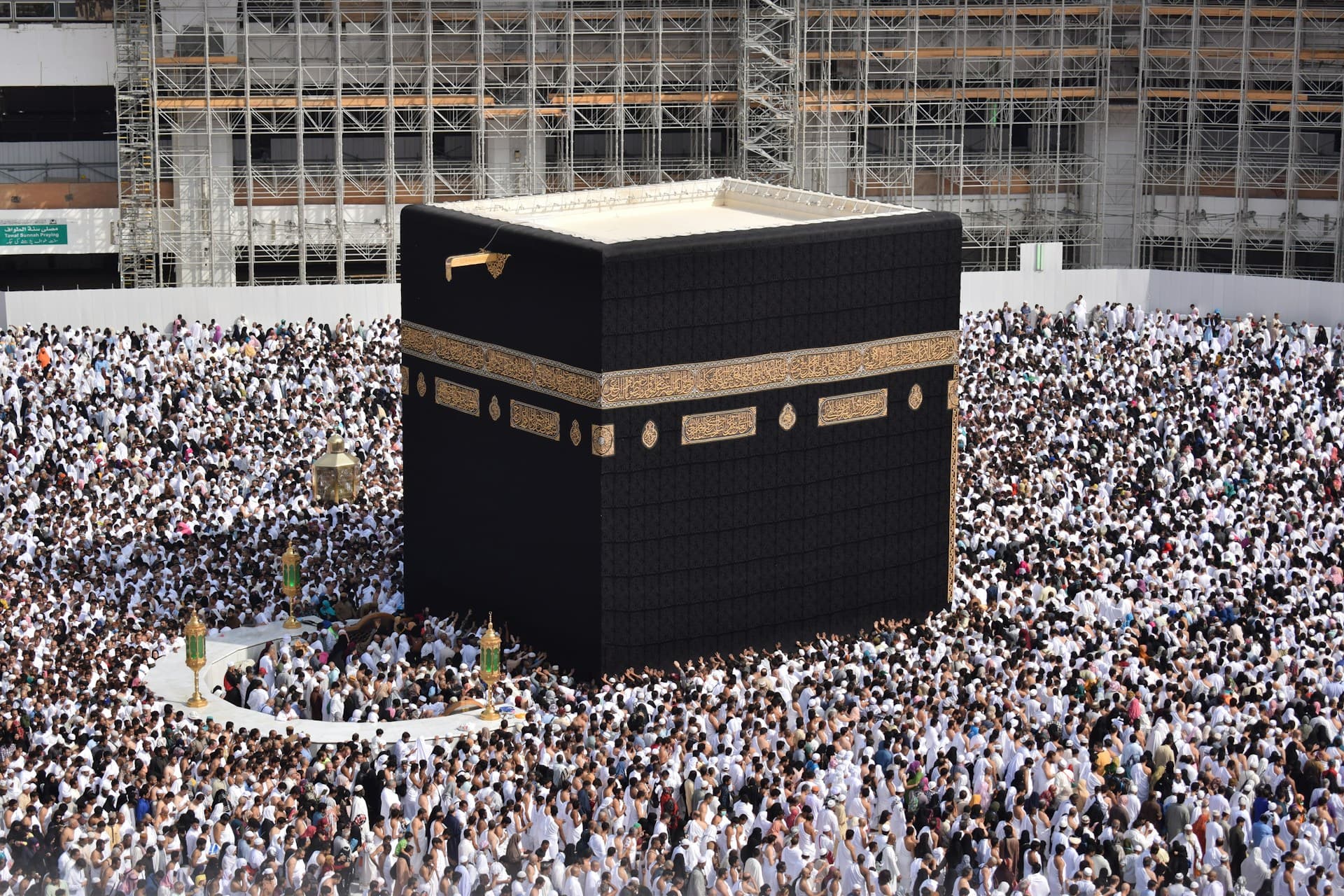The History of Islam

The history of Islam is a rich tapestry that spans over fourteen centuries, beginning in the early 7th century CE in the Arabian Peninsula. Founded by the Prophet Muhammad, Islam quickly grew from a small community in Mecca to one of the world's major religions, influencing countless aspects of global civilization, culture, and politics.
The Life of Prophet Muhammad
Prophet Muhammad was born in Mecca around 570 CE. Orphaned at a young age, he became known for his honesty and integrity. At the age of 40, he began receiving revelations from God through the Angel Gabriel. These revelations, which continued until his death, comprise the Quran, the holy book of Islam.
Facing persecution in Mecca, Muhammad and his followers migrated to Medina in 622 CE, an event known as the Hijra, marking the beginning of the Islamic calendar. In Medina, the Muslim community grew stronger, and eventually, they returned to Mecca, establishing it as the spiritual center of Islam.
The Rashidun Caliphate
After Muhammad's death in 632 CE, leadership of the Muslim community passed to the Rashidun Caliphs: Abu Bakr, Umar ibn al-Khattab, Uthman ibn Affan, and Ali ibn Abi Talib. During this period, Islam expanded rapidly beyond the Arabian Peninsula into the Levant, Egypt, Persia, and North Africa.
The Rashidun Caliphate is remembered for its adherence to the Prophet's teachings and for establishing the foundations of Islamic governance. The compilation of the Quran into a single text occurred during Uthman's caliphate, ensuring the preservation of the holy scripture.
The Umayyad and Abbasid Dynasties
The Umayyad Caliphate (661-750 CE) succeeded the Rashidun, with its capital in Damascus. This period saw further territorial expansion into Spain in the west and India in the east. The Umayyads developed administrative and financial systems that supported the vast empire.
The Abbasid Caliphate (750-1258 CE) overthrew the Umayyads and shifted the capital to Baghdad. The Abbasid era is often referred to as the Golden Age of Islam. It was marked by significant advancements in science, mathematics, medicine, philosophy, and literature. Scholars translated and built upon the knowledge of ancient civilizations, making groundbreaking contributions that shaped the future of human thought.
Islam in Spain and the Crusades
Islamic rule in Spain, known as Al-Andalus (711-1492 CE), was a period of remarkable cultural and intellectual flourishing. Cities like Cordoba became centers of learning, where Muslims, Christians, and Jews coexisted and collaborated.
The Crusades (1096-1291 CE) were a series of religious wars initiated by European Christians aiming to reclaim the Holy Land from Muslim control. These conflicts had a profound impact on Christian-Muslim relations and led to cultural exchanges that influenced European Renaissance.
The Ottoman Empire and Modern Era
The Ottoman Empire (1299-1922 CE) emerged as a powerful Islamic state, controlling vast territories in Southeast Europe, Western Asia, and North Africa. Istanbul (formerly Constantinople) became a major center of culture, politics, and trade.
In the modern era, the fall of empires, colonization, and the formation of nation-states reshaped the Muslim world. Today, Islam continues to be a dynamic force, adapting to contemporary challenges while maintaining its rich heritage and traditions.
Islam's Cultural and Scientific Contributions
Islamic civilization has made significant contributions to various fields. Scholars like Al-Khwarizmi in mathematics, Avicenna in medicine, and Al-Ghazali in philosophy have left enduring legacies. The development of universities, advancements in astronomy, and innovations in art and architecture are testaments to Islam's influence.
These achievements not only enriched Islamic societies but also had a profound impact on the global development of knowledge, paving the way for the European Renaissance and modern science.
Conclusion
The history of Islam is a story of spiritual devotion, intellectual pursuit, and cultural richness. From its beginnings in the deserts of Arabia to its spread across continents, Islam has played a significant role in shaping the world's history. Understanding this history is essential to appreciating the diversity and contributions of Islamic civilization to humanity.